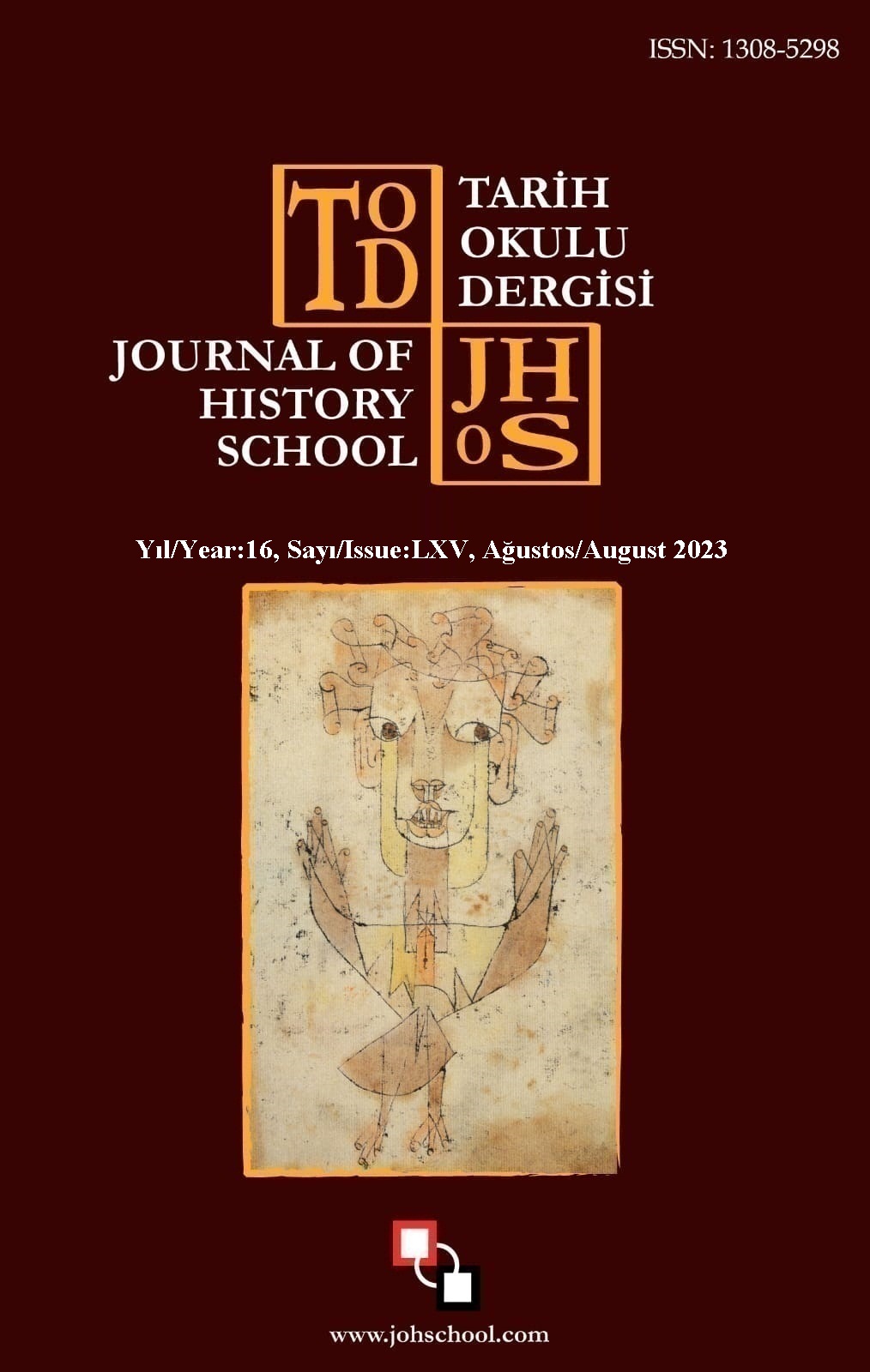“THE DOCTOR” FİLMİ ÜZERİNDENHASTA-HEKİM İLİŞKİLERİNDE TIBBİ ETİK ANALİZİ: “KARİYER NESNESİ®”NDEN “İNSAN ÖZNE®”YE…
Author :
Abstract
Sosyoloji çalışmalarında özne-nesne ilişkileri, öznenin araştırma nesnesine kimi zaman da nesnenin özne haline dönüşmesine değinilmesine karşın, toplumsal yaşamın bu önemli boyutu genellikle ihmal edilmekte ya da genel konular içinde geçmektedir. Sağlık sosyolojisinde, genel olarak “toplumsal etik” özelde ise doğumdan (hatta doğum öncesinden başlayarak) ölüme kadar tüm yaşam boyunca toplumun tümünü kapsayan “tıp etiği” konusu önemli bir yer işgal etmektedir. Sosyolojide özne söz konusu olduğunda genellikle sağlıklı özne kastedilmektedir. Oysa özne hastalandığında (bedensel ya da zihinsel “iyi olma durumu” bozulduğunda) sağlığın geri kazanılması için başvurulan otorite ve kurum, hekim ve sağlık kuruluşları olmaktadır. Burada doktor ve sağlık personeli arasında; semptomların anlamı, kültüre özgü semptomlar, hastalığın kişisel ve sosyal anlamları, yaftalanma (damgalanma), hastalıktan utanma, hasta ve hasta yakınları açısından doktorların konumu, doktor hasta ilişkileri, hasta dernekleri, biyolojik vatandaşlık, tıbbileştirilmiş benlik ve biyopolitikalar gibi kavramlar üzerinden ilişkisel sosyoloji ve bilgi sosyolojisi gelişmektedir. “Ahlaki özne olma” ilkesi; “hasta özerkliğine saygı” ilkesi; mesleki teamül standardı, “bilgilerin paylaşımı konusundaki standartlar”; “dürüstlük” ilkesi; “mahremiyet” ilkesi ve “bağlılık” ilkesi gibi ilkeler sağlık (tıp) sosyolojisinin konusu olduğu kadar, tıp etiğindeki bilgilerin toplumsal dolaşımı bilgi sosyolojisini de ilgilendirmektedir. Bu makalede doktor adaylarına (tıp öğrencilerine) önemli bir örnek vaka olarak izlettirilen The Doctor filmi üzerinden etik ele alınmaktadır.
Keywords
Abstract
Subject-object relations in sociology studies, the subject's transformation into research object and sometimes the object's transformation into subject, this important dimension of social life is usually neglected or is included in general topics. In the health house, the subject of "social ethics" in general and "medical ethics", which covers the whole of society from birth (even arising from the onset of birth) to death, occupies an important place. When it comes to the subject in sociology, generally the healthy subject is meant. However, while the subject becomes ill (when the "physical or mental well-being" deteriorates), institutions and institutions, physicians and health services are provided for the restoration of health. Here, between doctors and health personnel; Relational ways and information through concepts such as the meaning of the journey, cultural characteristics, personal and social content of pregnancy, stigma, shame about the disease, the position of doctors in terms of patients and their relatives, doctor-patient relations, patient associations, biological citizenship, therapeutic self and biopolitics. pregnancy is developing. The principle of “being a moral subject”; the principle of “respect for patient autonomy”; professional team standard, “standards in information management”; the principle of “honesty”; Principles such as the principle of "privacy" and the principle of "commitment" concern the social use of data in medical ethics, as well as the use of information, as well as the subject of health (medical) health. This article deals with ethics through the movie The Doctor, which is shown to doctor candidates (medical students) as an important case study.





